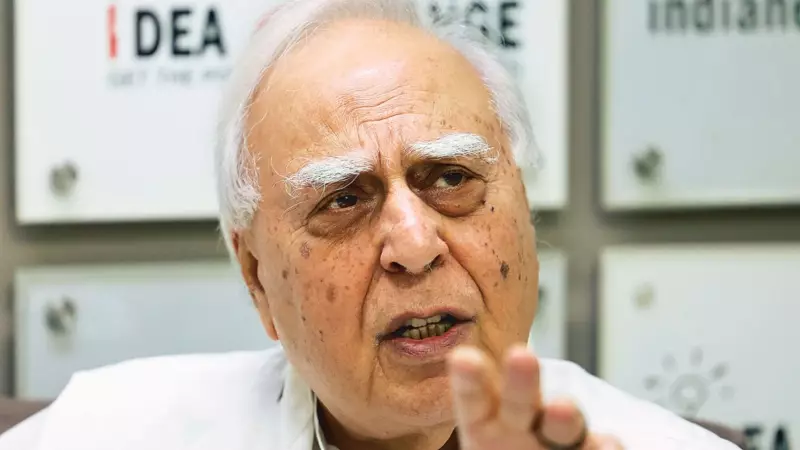
Supreme Court Delivers Landmark Opinion on Governor's Role in Law-Making
In a significant constitutional development, the Supreme Court has delivered its advisory opinion on the powers of Governors and the President concerning bills passed by state legislatures. The court ruled that no fixed timelines can be set for Governors to act on bills and that their subjective satisfaction in withholding assent is not subject to judicial review.
Senior lawyer and Rajya Sabha MP Kapil Sibal, who represented West Bengal in the hearings, described the opinion as a great victory for Opposition-ruled states while acknowledging that certain aspects will spark legal debates for years to come.
The Constitutional Context and Key Rulings
The case originated from a Presidential Reference made by President Droupadi Murmu under Article 143 of the Constitution following an April ruling by a two-judge Supreme Court bench. That earlier judgment had declared the Tamil Nadu Governor's delay in granting assent to bills unconstitutional and established specific timelines for gubernatorial action.
The reference contained 14 constitutional questions, with the central issue being whether the judiciary can impose fixed deadlines on Governors regarding bills passed by elected state assemblies. The court's Thursday opinion effectively rolls back portions of the April ruling by stating that:
- No fixed timelines can be imposed on Presidents and Governors for bill assent
- The concept of deemed assent cannot be granted by the judiciary
- The subjective satisfaction of Governors and Presidents in withholding bills is not justiciable
Kapil Sibal's Legal Analysis: Victory with Constitutional Questions
In an exclusive interview, Sibal explained why he views this opinion as favorable for states despite the rollback of certain provisions. The primacy of the legislature needs to be respected, he emphasized, quoting from the court's opinion.
Sibal highlighted that the court clarified Governors have only three options when presented with a bill: grant assent, return it for reconsideration, or withhold assent while referring it to the President. There are no four options with the Governor, he noted, indicating this clarification benefits state governments.
However, the senior lawyer identified the non-justiciability of subjective satisfaction as a constitutional issue that will generate significant debate. This is a matter that I think will be debated in years to come, Sibal stated, pointing to potential conflicts with previous Supreme Court judgments that have allowed judicial review of subjective satisfaction in other constitutional contexts.
Practical Implications for State Governments
The ruling provides states with a remedy against indefinite delays while leaving constitutional questions open for future litigation. According to Sibal, if a Governor withholds a bill for prolonged periods, courts can pass a limited order that you decide this. The exact timeframe for decision would depend on the context and facts of each legislation.
Sibal clarified that the advisory nature of this opinion means it cannot overrule the judicial opinion delivered in April by Justice J B Pardiwala's bench. The Tamil Nadu government's notification of bills that received deemed assent under that ruling remains valid, as that's done and dusted, according to the senior lawyer.
The legal landscape now enters a phase where future cases will likely test the boundaries between gubernatorial discretion and legislative primacy, ensuring that these constitutional authorities must work in tandem within the Constitutional framework, as the court emphasized in its opinion.





